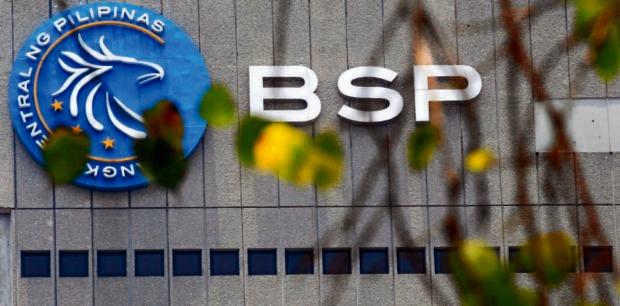BSP wants PH banks fully transitioned to ‘green finance’ in three years
MANILA, Philippines — The monetary regulator will give local banks a three-year transition period for them to reorient their strategies and operations toward so-called sustainable finance initiatives, including incentivizing loans toward borrowers who adhere to environmental principles.
In a statement, the Bangko Sentral ng Pilipinas said it will engage banks in discussions during this timeframe before the full implementation of Circular No. 1085 on Sustainable Financial Framework.
Within that period, BSP Governor Benjamin Diokno said banks are expected to identify and execute specific actions on the implementation of Monetary Board-approved strategies and policies on the integration of sustainability principles into their strategic objectives, corporate governance, risk management systems, and operations.
“We recognize that the tone at the top is of vital importance in materializing a bank’s sustainability initiatives,” he said.
Banks will be required to establish environmental and social risk management systems and disclose their sustainability initiatives in their annual reports. For its part, the BSP launched in 2019 of the Sustainable Central Banking Program as part of its strategic programs for 2020-2023.
READ: More PH banks subscribing to BSP’s ‘green’ finance principles
“This program aims to foster environmentally-responsible and sustainable policies and work practices as well as integrate social governance in its key functions and operations,” Diokno said.
The BSP currently conducts vulnerability assessments to understand the potential impact of climate change and other environmental risks on BSP offices and branches. It also collaborates with development partners and interest groups in conducting capacity building activities to help banks better manage environmental and social risks.
The regulator is also working closely with the Department of Finance and other government agencies to embark on the development of a principles-based taxonomy to facilitate the mobilization of funds towards green or sustainable projects.
Meanwhile, the industry associations, in collaboration with the Worldwide Fund for Nature Philippines, are developing an analytical framework to assess the impact of climate physical risks on the loan portfolio of banks.
Earlier this week, the central bank said it wants financial institutions to be better prepared for the risks associated with shifting more credit “green” borrowers and away from those engaged in more traditional carbon-heavy economic activities.
As such, it will issue second-phase regulations to allow the banking industry to be more responsive to risks arising from the transition to a low-carbon economy.
“This issuance will provide granular expectations on the integration of climate change and other environmental and social risks in banks’ credit and operational risk management frameworks,” Diokno said.
